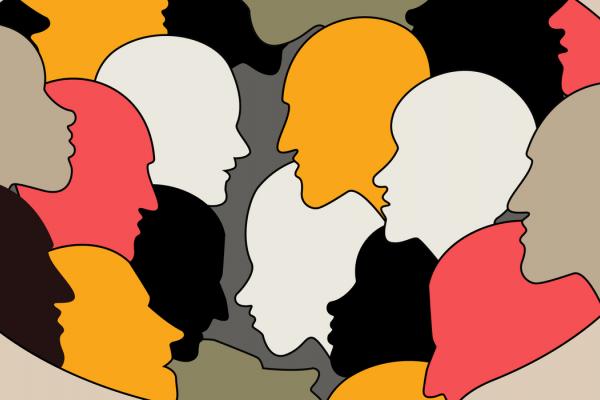May 8, 2017
Today, I have found freedom and hope — not by becoming straight, but by embracing my queer sexuality and coming out of the closet. New research on the science of sexual orientation as well as personal stories of well-adjusted and happy LGBTQ people helped me reject the religious system that told me there was something wrong with me because I was gay. Recently, the word “survivor” has felt as an appropriate label for myself in relation to reparative therapy, and I am so thankful to be in a much more welcoming environment today. But I cannot ignore the fact that many people today, including a lot of children and adolescents, are still being subjected the psychological torture that is conversion therapy.
Read the Full Article

Already a subscriber? Login
